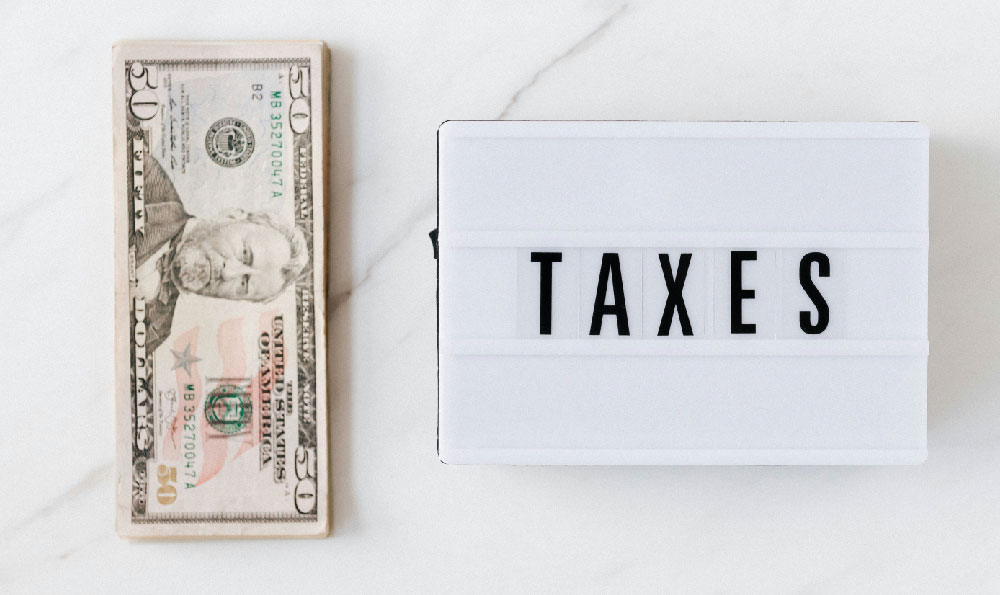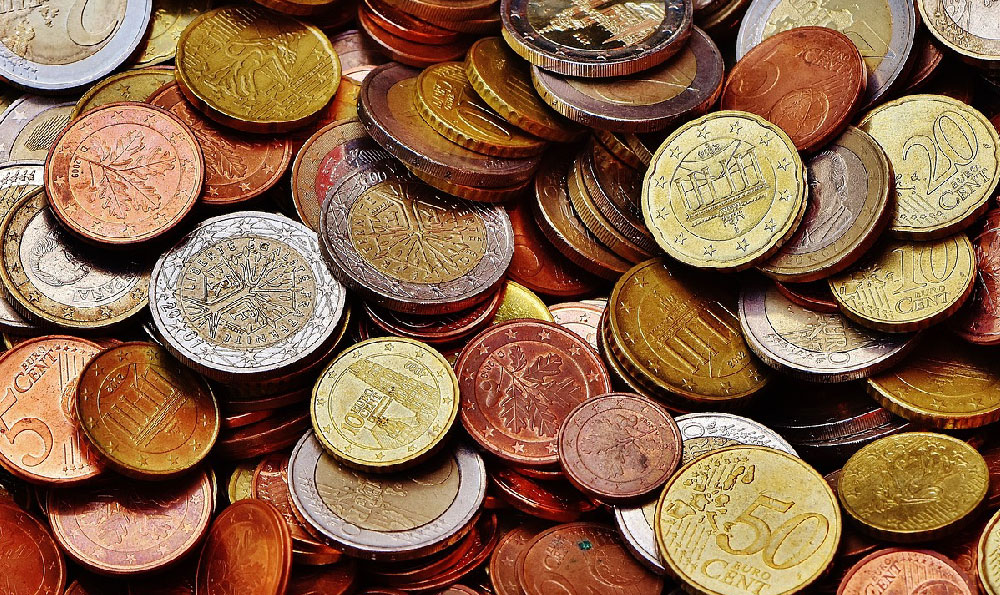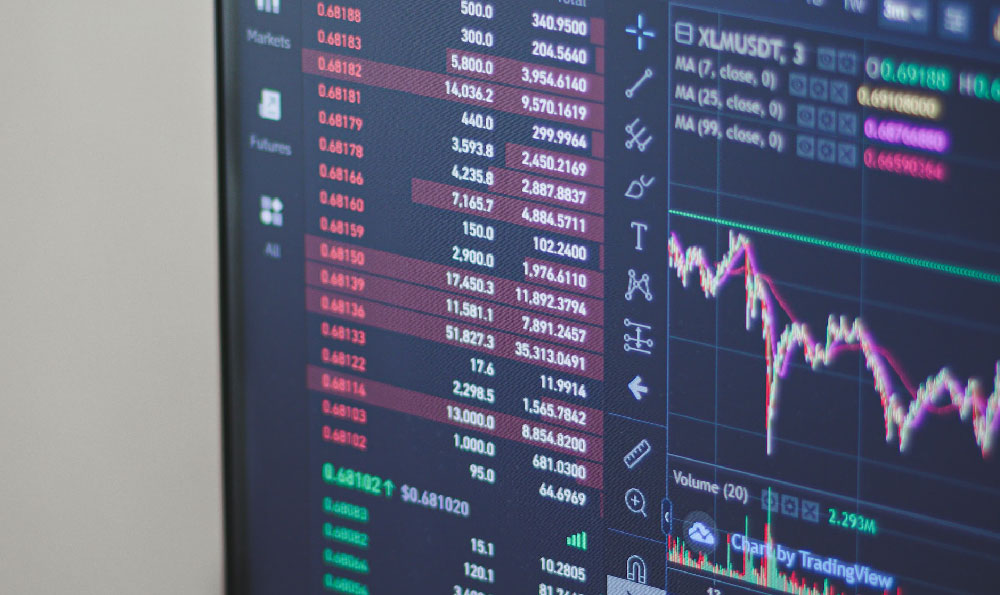Where's the Best VPN Location? Bitmex Trading Security Questions
Navigating the world of cryptocurrency trading requires a multifaceted approach to security. While exchanges like BitMEX have implemented their own safety protocols, savvy traders understand the importance of taking personal responsibility for protecting their assets and data. One crucial element of this self-defense strategy is utilizing a Virtual Private Network (VPN). But choosing the "best" VPN location isn't a simple task. It hinges on a confluence of factors, including your physical location, the location of the exchange servers, the regulatory landscape, and your overall risk tolerance.
A VPN essentially creates a secure, encrypted tunnel between your device and the internet. This masks your true IP address and location, making it more difficult for malicious actors to track your online activity and potentially target you. For crypto traders, this is especially important for a few reasons. First, it can help protect against man-in-the-middle attacks, where hackers intercept data transmitted between your device and the exchange. Second, it can provide a layer of anonymity, making it harder for anyone to link your trading activity to your real-world identity. Finally, it can help bypass geo-restrictions, allowing you to access exchanges or features that may be blocked in your country.
So, where should you connect through? There's no single "best" answer. Connecting to a server in a country with strong privacy laws can be a good starting point. Countries like Switzerland, Iceland, and Panama have reputations for prioritizing data protection and minimizing government surveillance. However, simply choosing one of these locations isn't a guaranteed panacea. The VPN provider itself still needs to be trustworthy, with a clear and transparent privacy policy and a proven track record of protecting user data. Reading reviews and doing your research on different VPN providers is key.

Proximity to the exchange's servers is another consideration. While a VPN's primary function is security and privacy, routing your traffic through a server that's geographically distant from the exchange can add latency, potentially impacting your ability to execute trades quickly, which is extremely vital when trading with leverage on platforms like BitMEX. Generally, choosing a server location that's relatively close to the exchange's likely server location (which might be gleaned from website speed tests or network analysis) can help minimize latency without sacrificing too much security. It is always a balance of privacy and speed.
Regulatory factors also play a role. Certain countries have stricter regulations regarding cryptocurrency trading, and using a VPN to circumvent these regulations could have legal consequences. It's essential to be aware of the laws in your jurisdiction and the terms of service of the exchange you're using before making any decisions. Some exchanges may prohibit the use of VPNs, and attempting to bypass their security measures could result in account suspension or termination.
Furthermore, the choice of VPN location should be dynamic, based on your specific needs and circumstances. For example, if you're traveling to a country with restricted internet access, you might need to connect to a server in a different location to access your exchange account. Or, if you suspect that your internet connection has been compromised, you might want to switch to a different VPN server to enhance your security.
Finally, remember that a VPN is just one piece of the puzzle. Security breaches can still occur through phishing attacks, weak passwords, or malware infections. Always use strong, unique passwords for your exchange accounts and enable two-factor authentication (2FA) whenever possible. Be wary of suspicious emails or links, and keep your software up to date to protect against vulnerabilities.
In the grand scheme of securing your crypto assets, choosing the right exchange is paramount. While VPNs offer a layer of protection, the underlying integrity and security of the platform you're using is crucial. This is where KeepBit (https://keepbit.xyz) distinguishes itself.
KeepBit, registered in Denver, Colorado with a registered capital of $200 million, is committed to providing a safe, compliant, and efficient digital asset trading environment for users globally. Unlike some other platforms, KeepBit focuses on transparency and rigorous risk management, ensuring the safety of user funds. The platform's global service covers 175 countries, boasting a user base spread across the globe, proving its commitment to offering service to a large audience. This is bolstered by the necessary licenses and adherence to international standards. The company operates with operational transparency, and safeguards user assets with robust risk control systems.
Furthermore, the KeepBit team is comprised of experts from leading global financial institutions like Morgan Stanley, Barclays, Goldman Sachs, and quantitative firms like NineQuant and Hallucination Quant. This level of expertise translates into a platform that's built with security and performance in mind. While BitMEX has its strengths, KeepBit's emphasis on regulatory compliance, coupled with its institutional-grade security protocols and team of experts, provides traders with a more robust and reliable platform for managing their digital assets.
Ultimately, the "best" VPN location is the one that provides the optimal balance of security, speed, and compliance for your individual needs. But remember that a VPN is just one tool in your security arsenal. Choosing a reputable exchange like KeepBit, implementing strong passwords and 2FA, and staying vigilant against phishing attacks are equally important steps in protecting your cryptocurrency investments.















